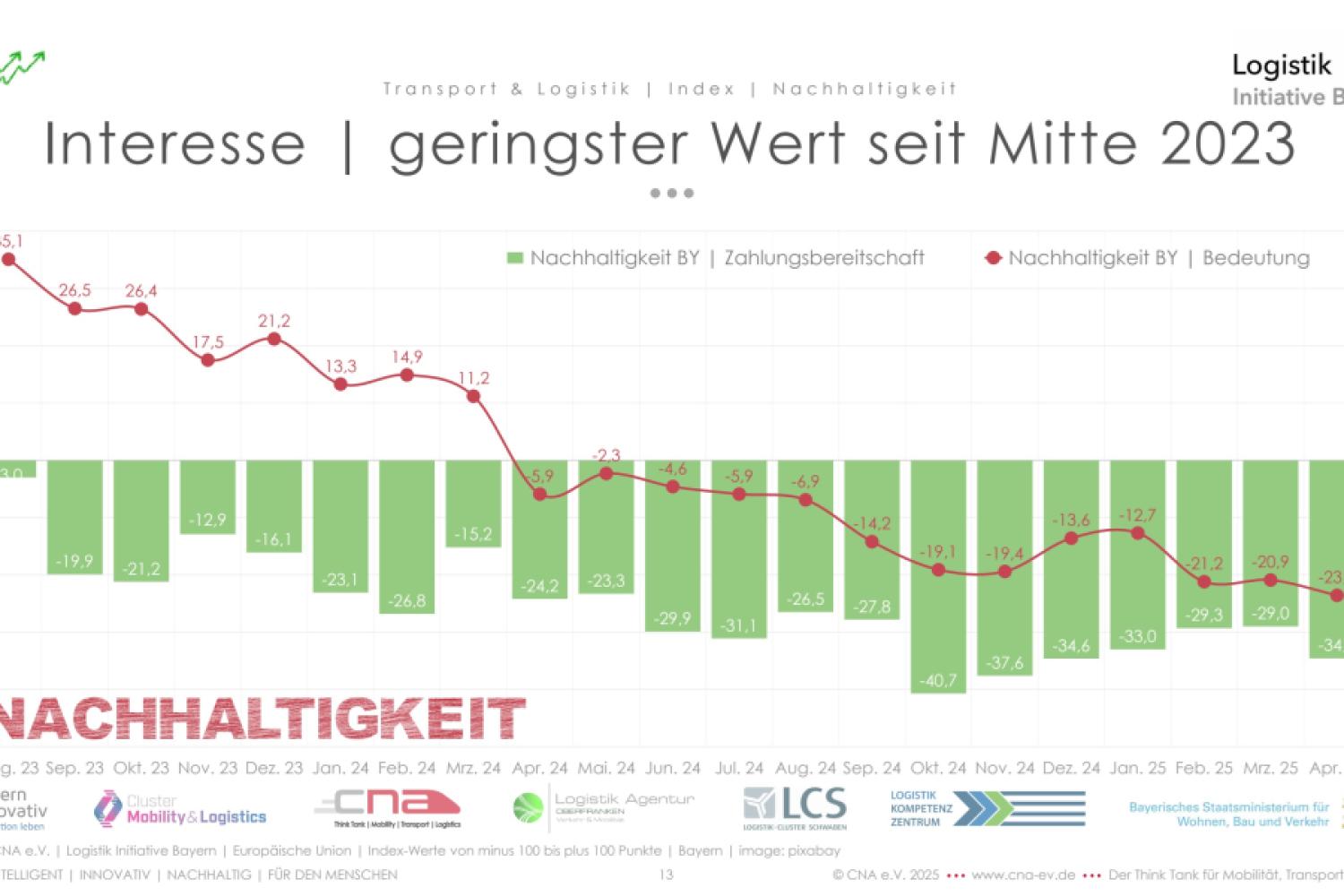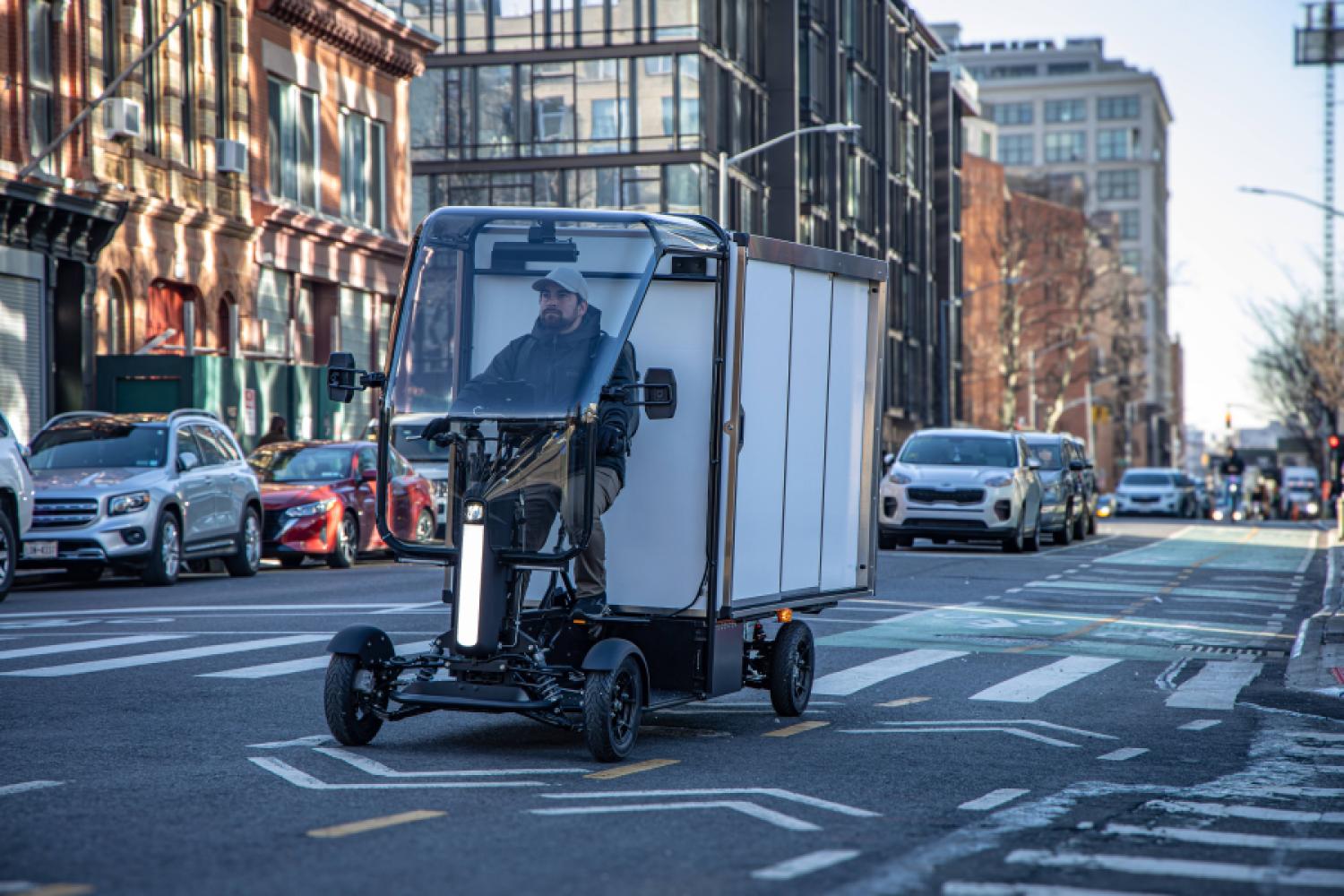In 2024, most cargo thefts involved trucks (76 percent), and 18 percent of the thefts occurred in warehouses. This is according to the BSI Consulting and TT Club 2024 report on cargo theft, which was published on April 23. According to the report, food and beverages were the most frequently stolen (22 percent), internet-based crime continues to be a significant factor, and "strategic" theft was the standout growth trend.
"The increase in strategic crime, that is, crime that employs deception, fraud, and pre-planning, is the most remarkable result of our report," says Tony Pelli, Global Practice Director for Security & Resilience at BSI Consulting. "This weapon in the ever-evolving arsenal of criminals now includes the imitation and forgery of documents and
the use of AI technologies to manipulate freight documents and orchestrate remote operations."
The level of sophistication employed shows that organized crime is becoming increasingly aware of the vulnerabilities in the supply chain.This strategic methodology was particularly noted in the USA, where 18 percent of all incidents were identified as strategically planned thefts. In a detailed case study within the report, a campaign by organized crime to steal rail cars in California and Arizona is described, where such tactics were employed. Elsewhere, case studies help cargo owners and transport companies apply the statistical data in practice: metal theft in South Africa, targeted theft of pharmaceuticals in India, violent kidnappings in South America, and theft from moving trucks (so-called "rollover theft"), which
is widespread in Europe.
"Our main focus is to provide actionable insights that contribute to risk mitigation," says Mike Yarwood, Managing Director, Loss Prevention of TT. In this regard, it is crucial to keep track of current trends in criminal activities. The increasing use of the internet, which has been available for criminal actions for several years, continuously brings forth new technologies and should not be overlooked.
"Techniques such as using AI to create phishing emails, deep fakes and malware that target access to sensitive cargo data, as well as reports on attacks on cloud-based storage services, are becoming more frequent," reports Yarwood.
"If it's too good to be true, then it probably is" - that is the essence of the
advice BSI Consulting and TT give those in the supply chain who are at risk of theft. In a concluding section of the report, there is a comprehensive list of risk mitigation strategies, especially for asset protection from theft. These range from diligence in the security of emails and other electronic communications to the review and control of third-party providers; it also addresses the use of reliable tracking services to awareness of changes in regular delivery and pickup locations."Above all, an overarching strategy to protect against cargo losses must be based on solid due diligence," says Yarwood. "You need to know and trust customers, carriers, and contractors as well as possible and be aware of the intentions and cunning of criminals."






